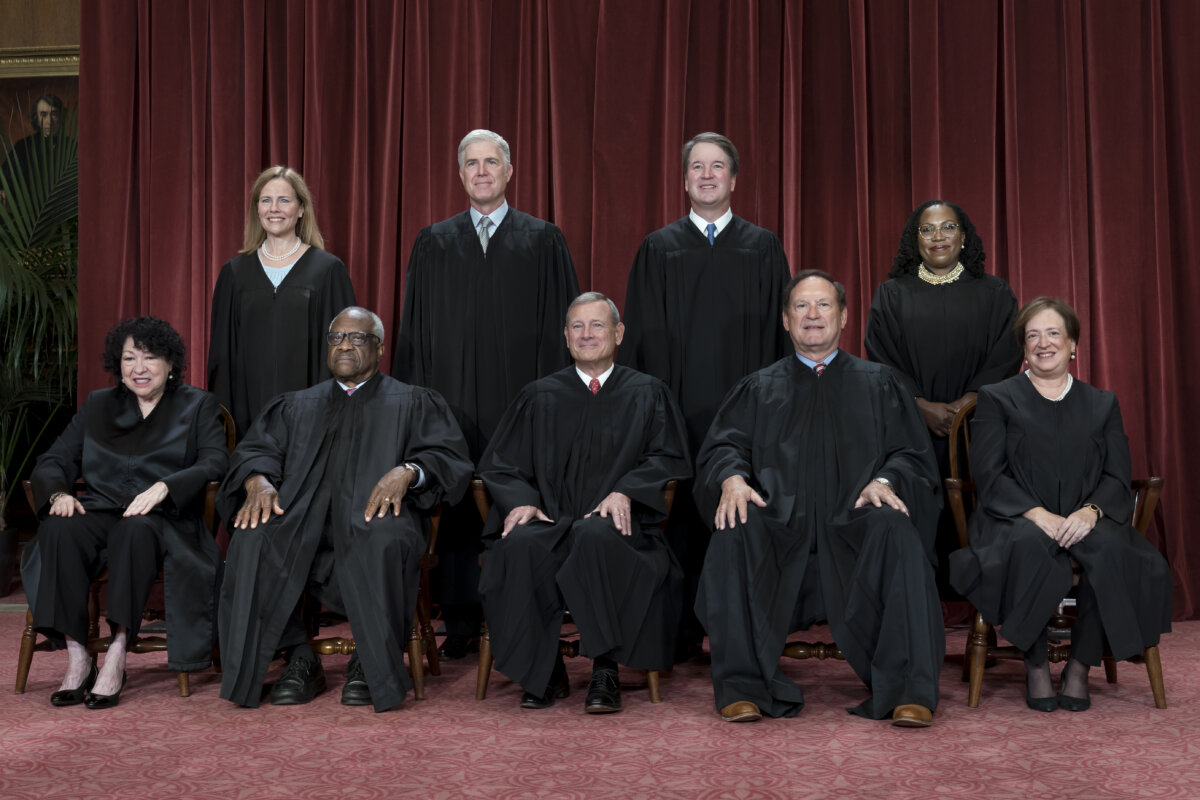Paul Bettany maintains that his directorial debut, “Shelter,” isn’t about homelessness but about judgment. It follows two characters who’ve done unspeakable things: Hannah (Jennifer Connelly, Bettany’s wife) is a junkie who’s abandoned her children; Tahir (Anthony Mackie) is a former member of Boko Haram. They’ve wound up on New York’s streets, in love and trying to get by and maybe escape to a normal life. Still, Bettany can’t help but talk about the homelessness epidemic in the city he’s lived in for 15 years, even as he knows that a rich actor — presently Jarvis/Vision in the Marvel movies — making a film about the poor opens him up to certain criticisms. Even the most empathetic liberal tends to at least sometimes ignore homeless people on the streets of New York. It’s a problem that we handle so poorly it’s surreal.
There’s just not a bit of it that is acceptable, right? 60,000 — amazing to think of this in a city that just sold an apartment for $100 billion — 60,000 homeless people seek shelter in the municipal shelter system every night. 24,000 of them are children. 19,000 are women. Half of the homeless population is families. And then there are those who fall by the wayside. There’s been a 32 percent slash in public housing over the last 10 years. Wages are staying the same, rents are going up, people are not able to make ends meet. Then there’s people who lose a family member, mental illness and drug addiction. I’ve been living with this, bleeding with it for three years. I’ve got all the figures in my head. I can talk to you about how there is no right to legal council in housing calls in New York. A family facing eviction is 80 percent less likely to be evicted if they have legal council. Legal council will cost the city $12,500 a year. The average cost of a family once they have become homeless and are in the shelter system is $45,000. It makes moral and fiscal sense to provide legal council. I’ve got all these figures in my head, but they’re numbing for people. The strange thing about narrative is that numbers become more meaningful the smaller they get. That is why “Shelter” is about two people. RELATED: Anthony Mackie on “Shelter” and that pro-Trump misquote Movies are great at reduction and at creating, even manipulating empathy.
They’re great at humanizing, which is a f—ing incredible thought that it needs to be done. They are humans. I think the response [against worrying about it] is out of fear. “You’ve got have brought yourself to this point, which I wouldn’t do. You made a mistake I wouldn’t make, because that means I could be you.” It’s a really puzzling response to another human being. We’re constantly seeing reports on the income gap, but awareness doesn’t mollify it. It just gets worse. The disparity at some point becomes revolutionary. There’s the figure that the Wal-Mart family has more money than the bottom 40 percent of the nation. We are living in a time when the gap is so pronounced. People started storming the Winter Palace in Russia, know what I mean? There is the usual kneejerk complaint when someone who has money chastises people for ignoring the destitute.
You open yourself up to the criticism of being a champagne liberal. “There you are in your apartment and you’re coming down and making a film about homelessness.” I don’t know what to say. I’ve met a lot of homeless people and worked with homeless shelters. I’ve been on the Coalition for the Homeless for three years now. One of the things I’ve noticed about the homeless — well, I’ve noticed lots of things about the homeless — is they tend to be too busy to make a film about themselves. [Laughs] Such a ludicrous accusation. What are the movies I’m allowed to make? Am I only allowed to make a movie about an actor and an actress? Does the character have to have three kids and live in Tribeca? Can I branch out? Where does it stop? [Laughs] It’s really a preposterous charge. I have this thing called empathy, I don’t know. RELATED: Don’t hate Angelina Jolie Pitt’s slow, spotty “By the Sea” The charge, often from people who think all rich people should be able to keep all their money, is that the wealthy who care about the poor should give away all their wealth.
I do think that human kindness needs to be legislated. As a citizen paying taxes, I would pay more. In my own country I do pay more. I am absolutely pro-high taxation on the rich. It’s a round f—ing world and I get to sleep well at night and don’t have to take to the streets because I paid my taxes and we’re taking care of the needy. That’s how we’re going to be judged in the end. With the film itself, there’s a lot of awful things that befall Hannah and Tahir, but they have ups and downs, and the ups are sometimes good.
I don’t like movies that take you somewhere dark and bleak and leave you there. There’s something more interesting to be said about this subject than: “Look at it! Aren’t you lucky it’s not you?” In the second act [Hannah] gets clean and then the third act — and this going to sound so weird — I imagined like a “Bourne” movie, like “Hannah against bureaucracy.” We have different thresholds for sentimentality and this ending as happy an ending I could create from the story I had.
Paul Bettany on ‘Shelter’ and charges of being a ‘champagne liberal’
Follow Matt Prigge on Twitter @mattprigge


















